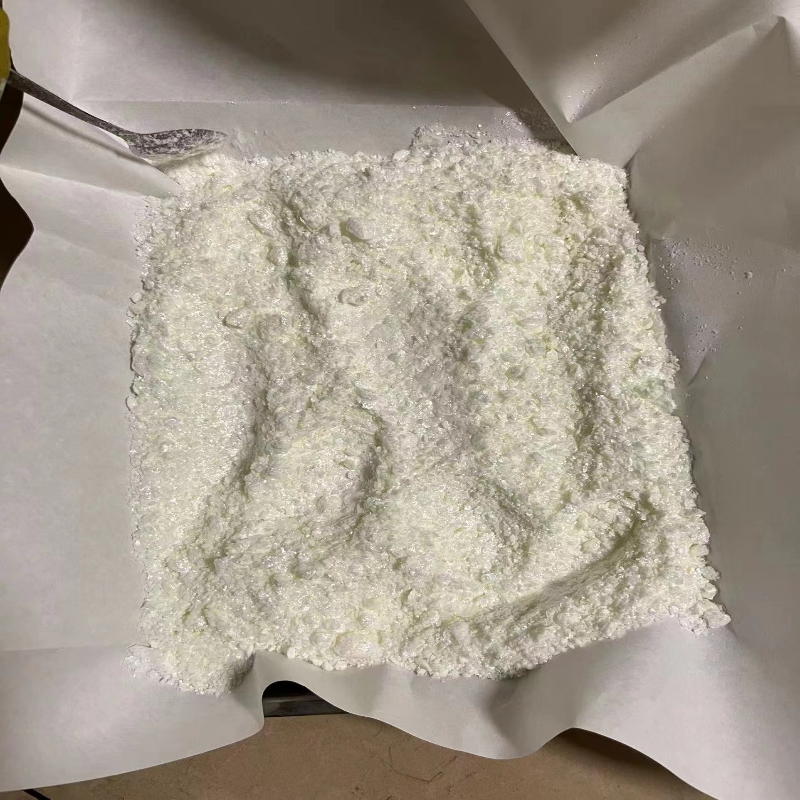-
Categories
-
Pharmaceutical Intermediates
-
Active Pharmaceutical Ingredients
-
Food Additives
- Industrial Coatings
- Agrochemicals
- Dyes and Pigments
- Surfactant
- Flavors and Fragrances
- Chemical Reagents
- Catalyst and Auxiliary
- Natural Products
- Inorganic Chemistry
-
Organic Chemistry
-
Biochemical Engineering
- Analytical Chemistry
-
Cosmetic Ingredient
- Water Treatment Chemical
-
Pharmaceutical Intermediates
Promotion
ECHEMI Mall
Wholesale
Weekly Price
Exhibition
News
-
Trade Service
The biodegradable materials (DEG-1 series and DEG-2 series) independently developed by Polypec successfully passed the TÜV Rheinland Group's chemical, biodegradability, disintegration and ecotoxicity tests, and subsequently obtained the TÜV Rheinland Group and its DIN Industrial composting certificate issued by CERTCO (Certification Center of the German Institute for Standardization)
Polypetrochemical DEG-1 series
Polypetrochemical DEG-1 seriesPBAT modified blown film material
PBAT modified blown film material1.
1.
2.
Packaging films/bags, garbage bags, pet waste bags and shopping bags,
3.
Polypetrochemical DEG-2 series
Polypetrochemical DEG-2 seriesPLA injection/extrusion material
PLA injection/extrusion material1.
It is mainly based on PLA modified system, taking into account good temperature resistance and toughness, good processability and high mechanical properties
Plastic cutlery, tableware and other daily-use plastics; thin-walled injection molding parts such as storage boxes; extruded sheets, blister parts
3.
Industrial Compost Certification Center
Industrial Compost Certification CenterDIN CERTCO (German Institute for Standardization Certification Center) belongs to the certification body of TüV Rheinland.
The Japan Bioplastics Association (JBPA) Greenpla industrial composting certification also adopts the report issued by the DIN CERTCO accredited laboratory
Industrial Composting Certification Mark
Industrial Composting Certification MarkDIN CERTCO administers the following four internationally recognized certification marks for industrial composting:
("Seedling", "DIN-Geprüft", BPI and "ABA Seedling - AS 4736"), two home composting mark certifications ("DIN-Geprüft", and "ABA-AS 5810") and other environmental certifications such as bio-based certification,
Industrial Compost Certification Test Standard
Industrial Compost Certification Test StandardLaboratory tests are currently available to the following industrial composting standards:
DIN EN 13432:2000
DIN EN 13432:2000Requirements for assessing the recyclability of packaging through composting and biodegradation, suitable for biodegradable plastic packaging processed by industrial composting;
At least 90% disintegration rate after 12 weeks, at least 90% biodegradation rate within 6 months, and ecotoxicity test and heavy metal content detection are required
ASTM D 6400-12
ASTM D 6400-12Standard Specification for the Labeling of Compostable Plastics in Municipal and Industrial Facilities
ISO 17088-2012
ISO 17088-2012Technical specification for compostable plastics
DIN EN 14995:2007
DIN EN 14995:2007Applicable to all types of plastic products - evaluation of compostability - testing and technical specifications
ASTM D6868-17
ASTM D6868-17Standard Specification for Aerobic Compostable Degradation Labeling of Plastics and Paper or Other Materials Using Plastics as Coatings or Additives for Use in Municipal and Industrial Facilities
GB/T 20197-2006
GB/T 20197-2006Definition, classification, marking and degradability requirements of degradable plastics
GB/T 28206-2011
GB/T 28206-2011Technical requirements for compostable plastics
AS 4736-2006
AS 4736-2006Biodegradable plastics - biodegradable plastics suitable for composting and other microbial treatments
The above standards include the following test items: chemical properties such as prohibited heavy metals and fluorine content, biodegradability, disintegration ability under composting conditions, verification of compost quality through plant growth and/or vermitoxicity tests,
etc.
At present, the evaluation standards and certification systems for industrially compostable plastics tend to mature, but because industrial composting relies on municipal/commercial composting facilities, some areas may not have the conditions for industrial composting
.







